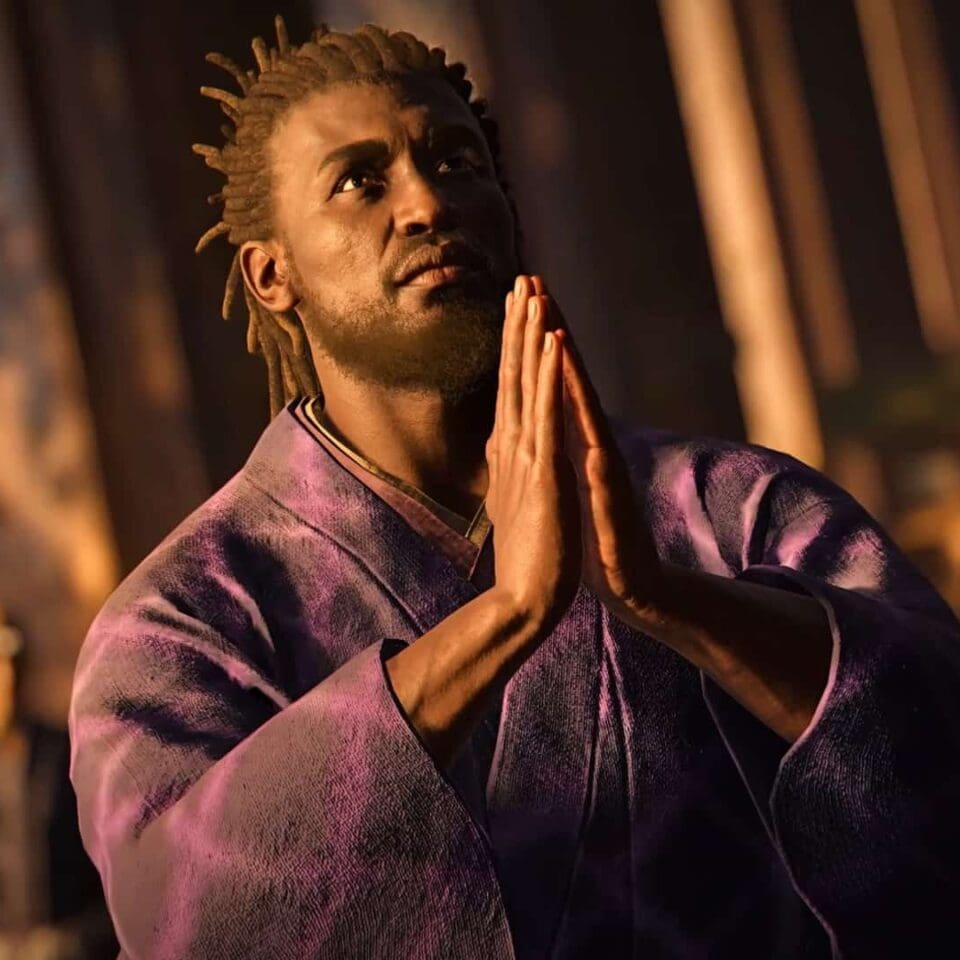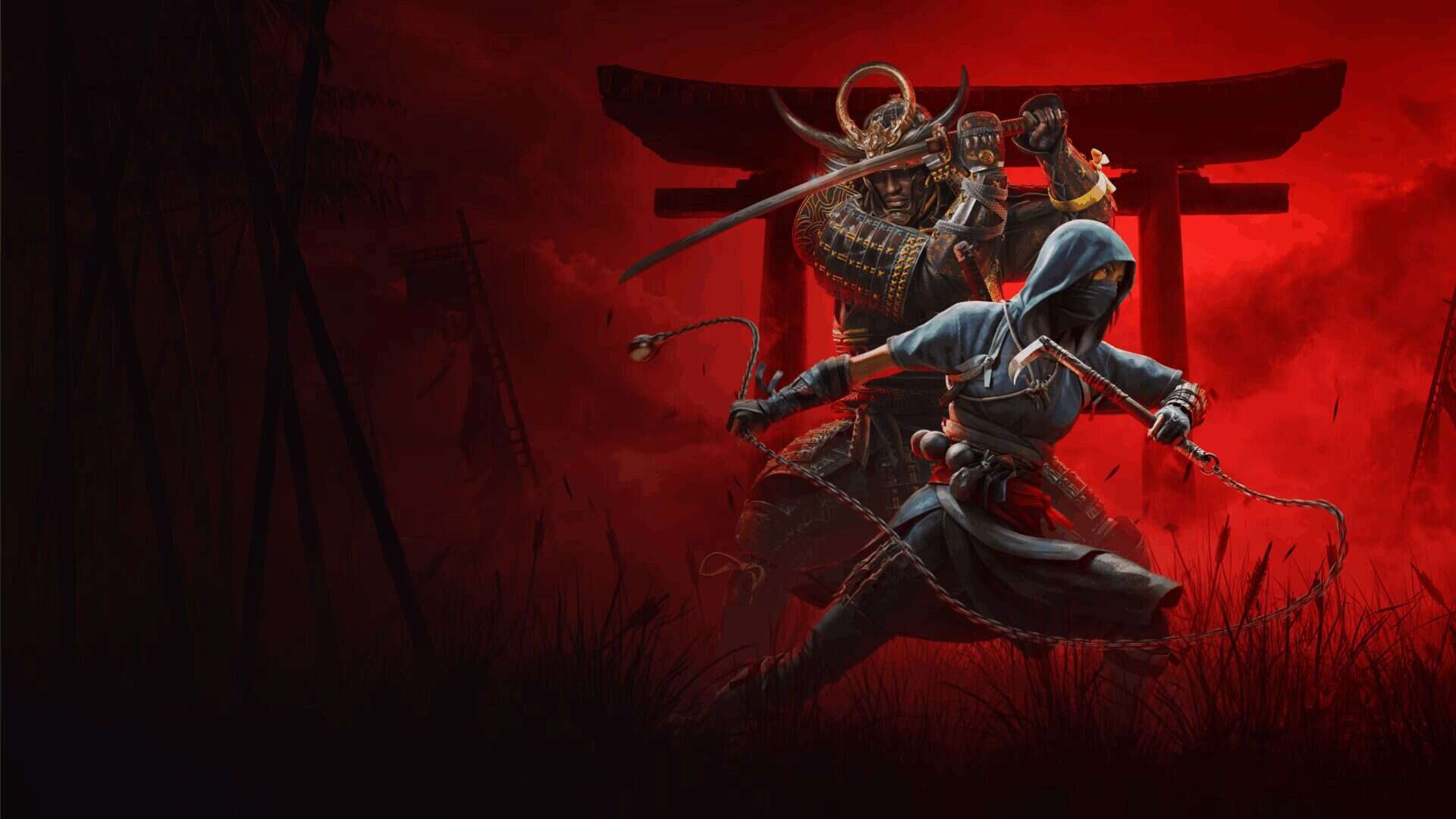Historical revisionism
 Yasuke was a real historical figure — an African man who arrived in Japan during the Sengoku period. He became a retainer of the warlord Oda Nobunaga and was known to have carried weapons, among other responsibilities.
Yasuke was a real historical figure — an African man who arrived in Japan during the Sengoku period. He became a retainer of the warlord Oda Nobunaga and was known to have carried weapons, among other responsibilities.
Ubisoft initially referred to Yasuke as “a legendary samurai,” using samurai-related terminology prominently in its promotional materials for Assassin’s Creed Shadows.
The portrayal sparked widespread debate and cultural controversy within the gaming community, drawing responses from players and even Japanese historians.
Yuichi Goza, an assistant professor at the International Research Center for Japanese Studies in Kyoto, expressed skepticism about Yasuke’s historical classification as a samurai.
“Nothing proves that Yasuke had such qualifications to be considered a samurai,” Goza said.
“In surviving documents, Yasuke stood out primarily for the color of his skin and his physical strength. His patron, warlord Oda Nobunaga, likely kept Yasuke by his side to show him off.”
After facing criticism — and reportedly attempting to edit the List of Foreign-Born Samurai in Japan on Wikipedia to include Yasuke — Ubisoft responded by adjusting how the character is described in certain localized materials.
On the Japanese Steam page specifically, the company removed the word “samurai” (侍) from some of Yasuke’s descriptions and replaced it with “Ikki tousen” (一騎当千の兵), a term that more accurately translates to “a warrior capable of taking on many enemies” or “a powerful warrior,” rather than the formal title of samurai.
Despite these changes, Yasuke remains labeled as a samurai within the game itself and in many of Ubisoft’s global promotional materials to this day.





